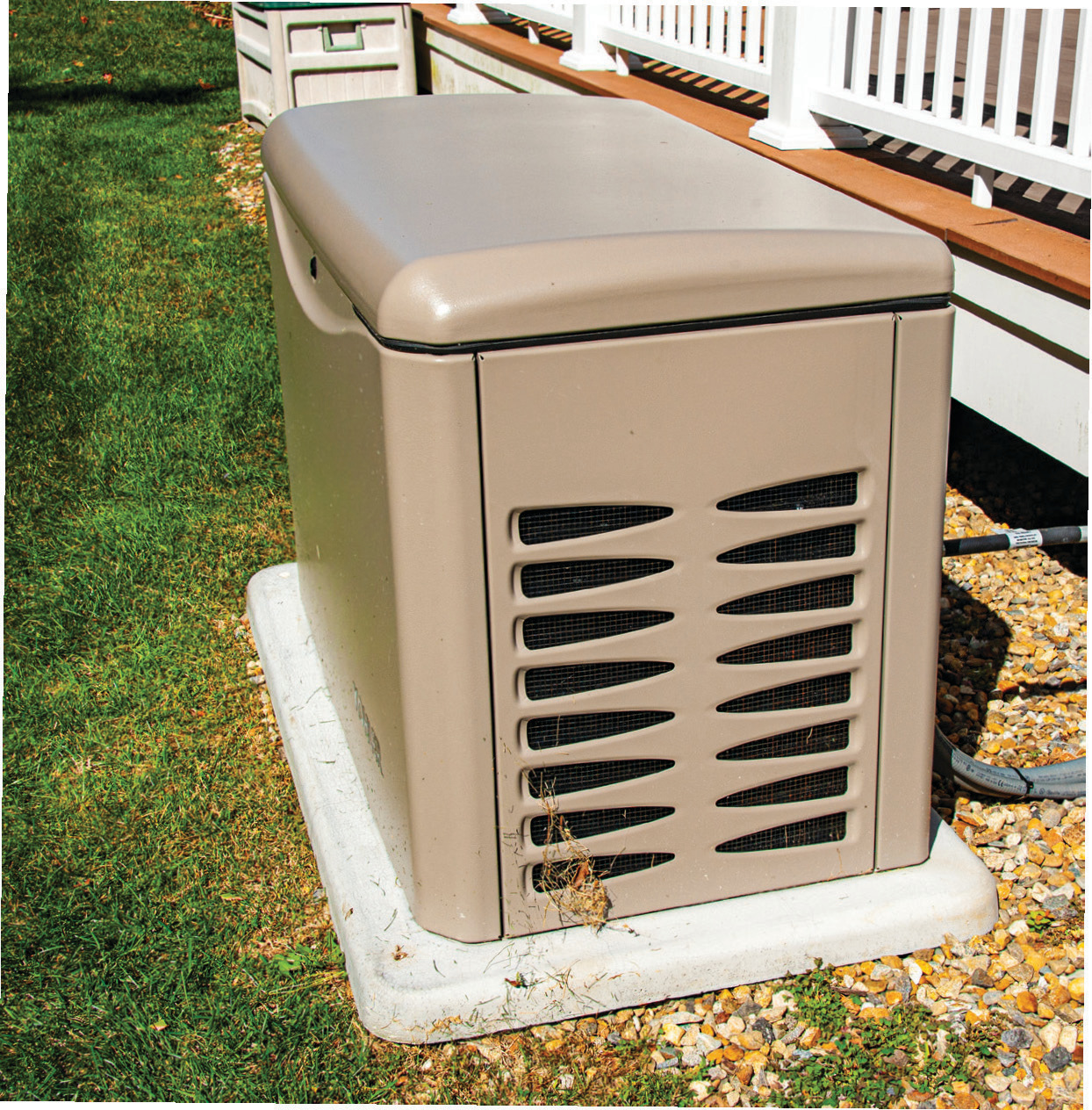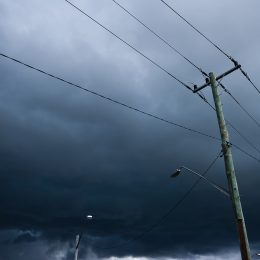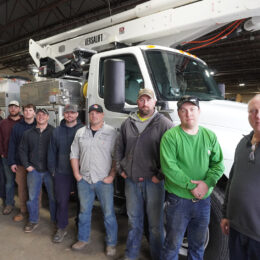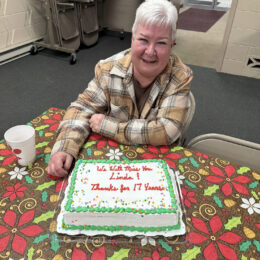
Many Hoosier homeowners add a backup generator in case the power goes out during weather turbulence.
Yet before severe weather arrives, homeowners should be sure to read and follow instructions in the manual that comes with the generator to ensure safe operation. There are some additional considerations that homeowners should particularly keep in mind with a home backup generator.
ENSURE A WHOLE HOME GENERATOR IS INSTALLED PROPERLY
Some whole home backup generators include an automatic transfer switch, which will automatically switch the house to receive power from the backup generator during a power outage. Other whole home generators include a manual switch. These generators require a lockout installed at the circuit panel that ensures that the house receives power from the grid or the backup generator. Consult with a qualified electrician to ensure proper generator installation.
NEVER OPERATE A PORTABLE GENERATOR IN AN ENCLOSED SPACE
Like gas-powered vehicles, gas-powered generators emit carbon monoxide that can build up quickly. The U.S. Consumer Product Safety Commission highlights that carbon monoxide is considered the “invisible killer” because the gas cannot be seen or smelled. The commission also recommends that generators be used only outside, at least 20 feet from your home. Portable generators should also not be used in rainy or wet conditions, which could pose a risk of fire or electrocution.
NEVER PLUG A PORTABLE GENERATOR INTO A WALL OUTLET OR IMPROPERLY CONNECT IT TO A BUILDING’S ELECTRICAL SYSTEM
According to the Occupational Safety and Health Administration, this can energize wiring systems for great distances and pose an electrocution risk for utility workers and others. Appliances should be plugged directly into a portable generator with the manufacturer’s supplied cords or a grounded (three-pronged) extension cord, according to OSHA. The organization also states to ensure that the cords are properly rated in watts or amps for their intended use.
Homeowners can contact their local electric cooperative’s energy advisor for any questions about a backup generator. Energy advisors can answer many questions about a home’s energy use. They may even provide a list of qualified electricians to help ensure a backup generator is correctly prepared for when needed.



